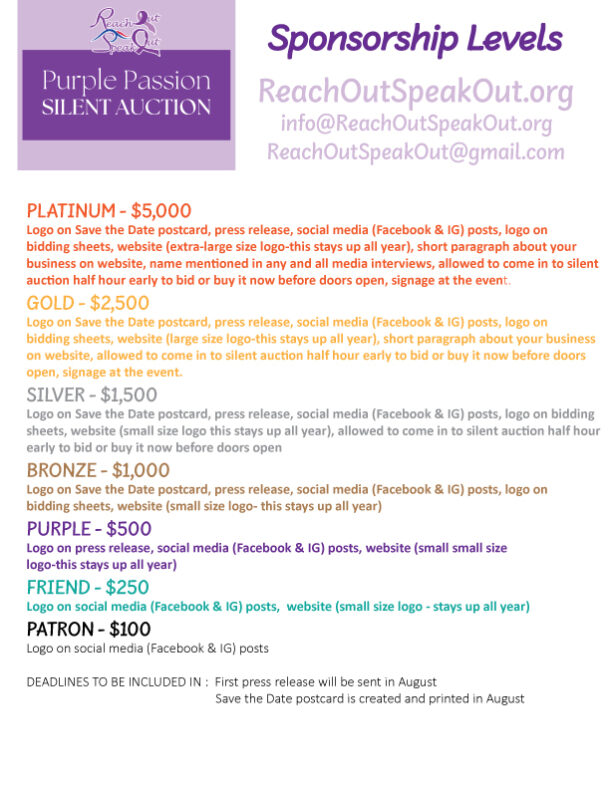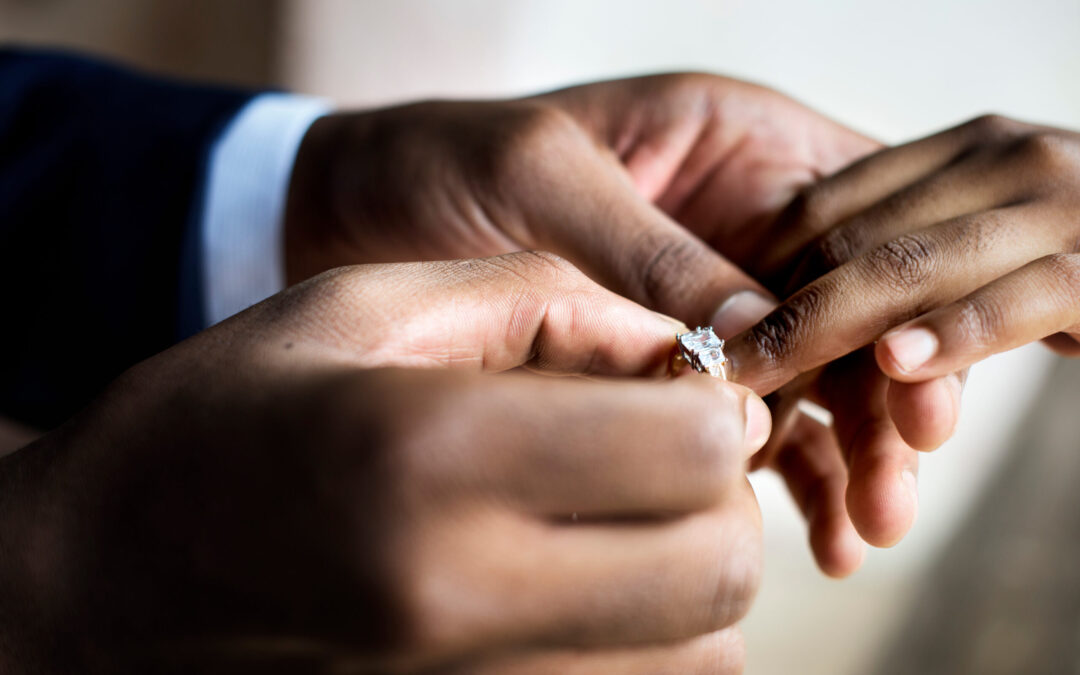
by Michael Neely | Mar 1, 2024 | Domestic Violence
My wedding was not a shotgun wedding, and I said those wedding vows of my own free will. The words were ringing in my ears: What God has joined together, let no man put asunder. I promise to love her until death do us apart. Love is a very complex emotion sometimes....
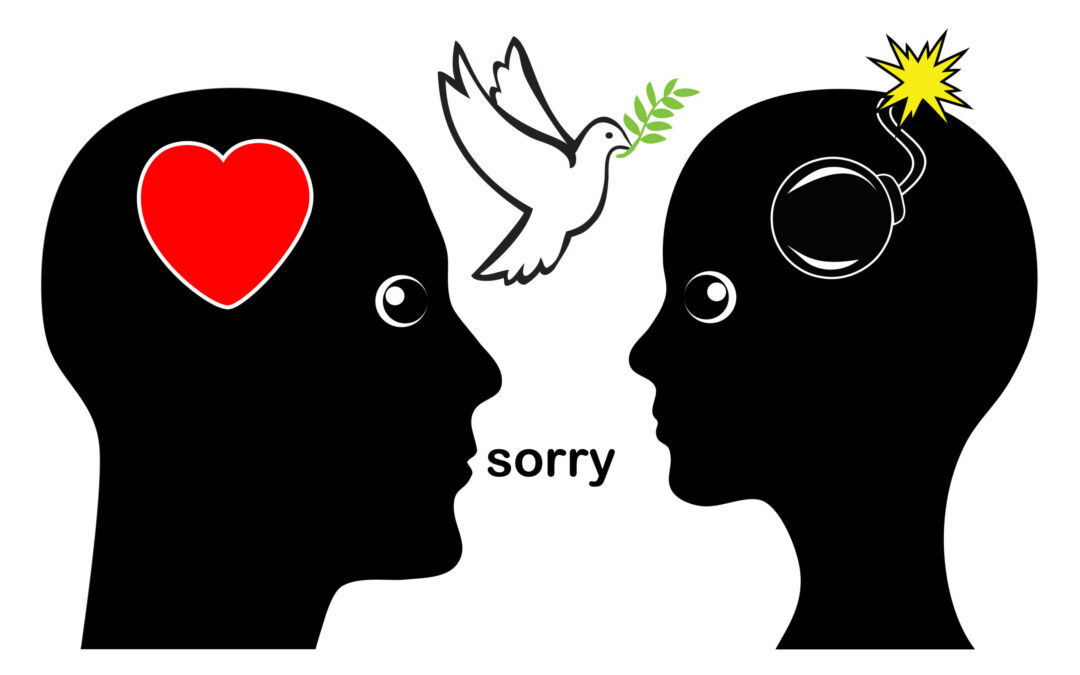
by Michael Neely | Mar 1, 2024 | Domestic Violence
At home that Sunday evening, she did apologize, but her apology didn’t match the offense. It’s one thing to say I’m sorry for raising my voice at you and asking for forgiveness. However, it’s a whole other ballgame to apologize for a physical assault and expect...
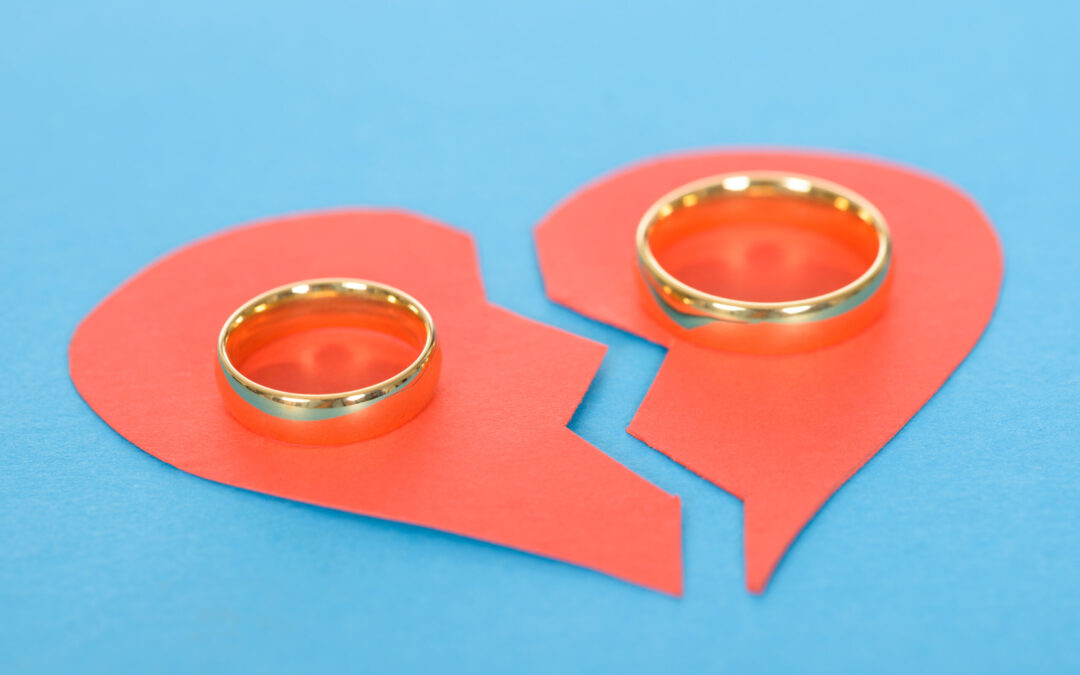
by Michael Neely | Mar 1, 2024 | Domestic Violence
The joy that I felt on my wedding day had now been replaced with doubt, fear, false guilt, and an uncertain future, but I was still in love. I had no idea that the same love that has your heart skipping a beat can also enslave and trap you. I now know that a love that...
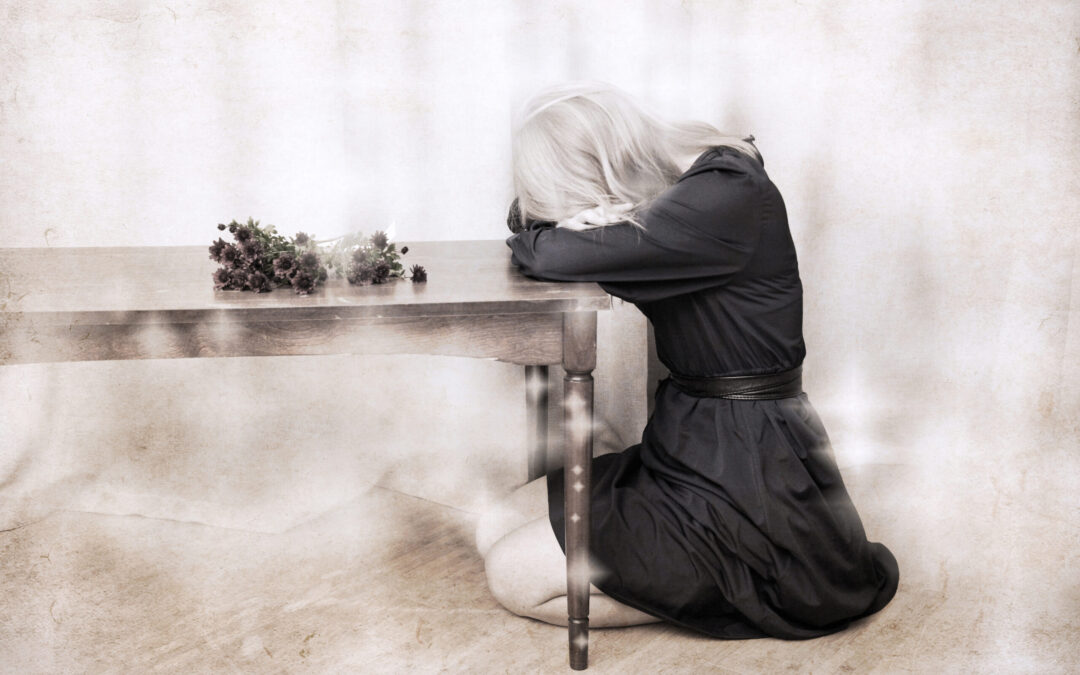
by Vicki Garcia | Feb 1, 2024 | Domestic Violence, Leaving
Living with domestic abuse can numb you so that you don’t realize what all you have lost. Your aspirations and dreams lie buried under many layers of disappointment, broken promises, emotional wreckage and physical pain inflicted by your partner. You are living...

by Vicki Garcia | Feb 1, 2024 | Domestic Violence, Leaving
The stages of grief are as follows: Shock / Denial. Disbelief and numb feelings Pain / Guilt. Unbearable pain of loss and guilt for burdening others Anger / Bargaining. Insisting to God that he removes the pain or fix the situation. Depression. This may be when you...

by Vicki Garcia | Feb 1, 2024 | Domestic Violence, Leaving
But what if the process is repeatedly interrupted? Picture yourself moving through these stages while living with your abuser. They hurt you again but explain why it’s your fault. You experience stage one, shock, disbelief. The reality of this narcissist, the...








